The Fryer Library offers internships for students in different disciplines. This guest post by GEND3001 intern, Ellen Nixon, details her research into LGBTI ephemera collections for her research project.
This semester for the GEND3001 Gender Futures: Research In Action course I collaborated with the Fryer Library. This collaboration took the form of a placement, which due to COVID-19, I did from home.
The Fryer collects a range of material documenting the history of the campus, which I got to work with. I learnt how to use archival standards to transcribe audio recorded at 1977 community radio 4ZZZ forum on campus. I also learnt how to use new software to be able to practice other skills such as distant reading.
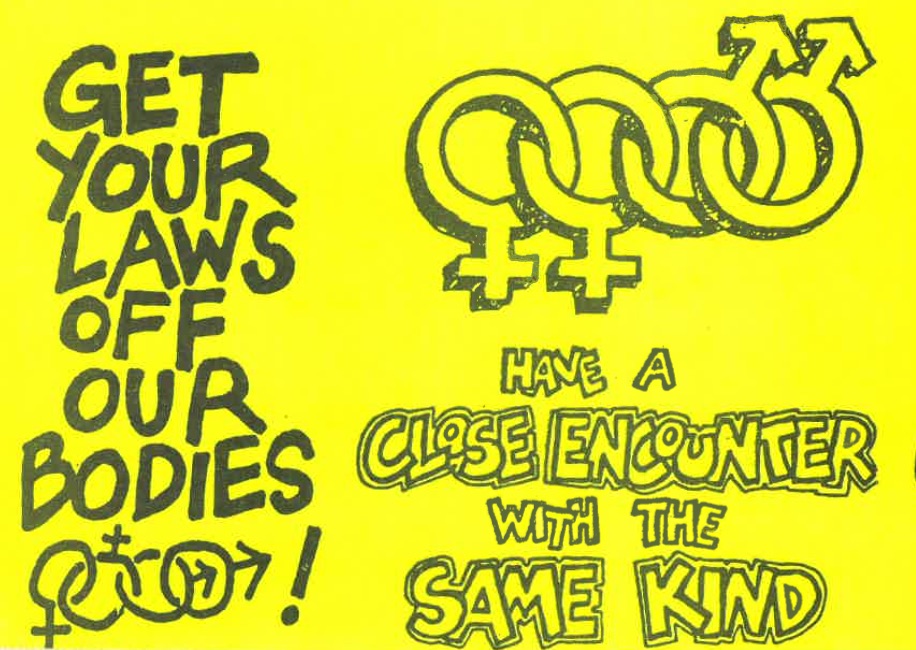
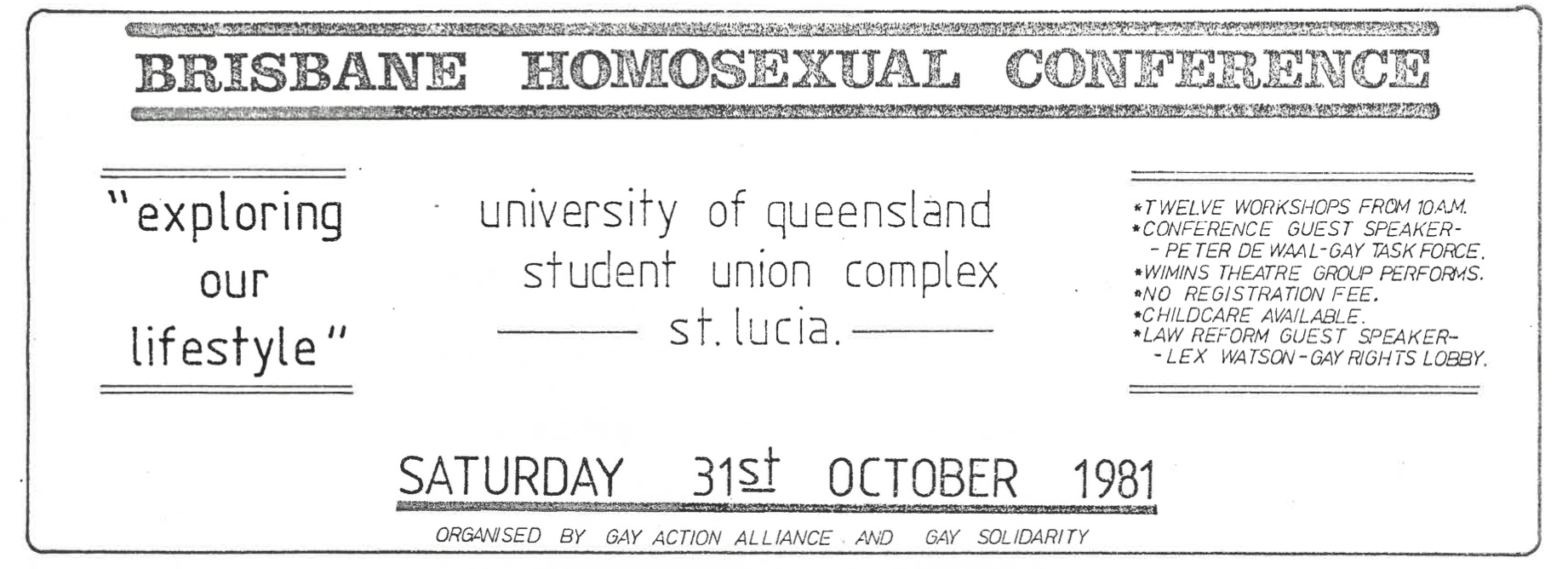
Gay solidarity
I worked with material from the 1970s and 1980s, documenting what was happening on campus at that time. For the research project I did for the course I specifically focused on ephemera produced by the Gay Solidarity club in the early 1980s.
Archives are unique in that they are able to allow their audience to witness how people have asserted their subjectivities across time, even if those voices had previously been silenced. I compared the language used by Gay Solidarity to establish their identity and subjectivity to the language in ephemera produced by The Queer Collective. I gathered the Queer Collective ephemera from their Facebook page ‘Events’ tab.
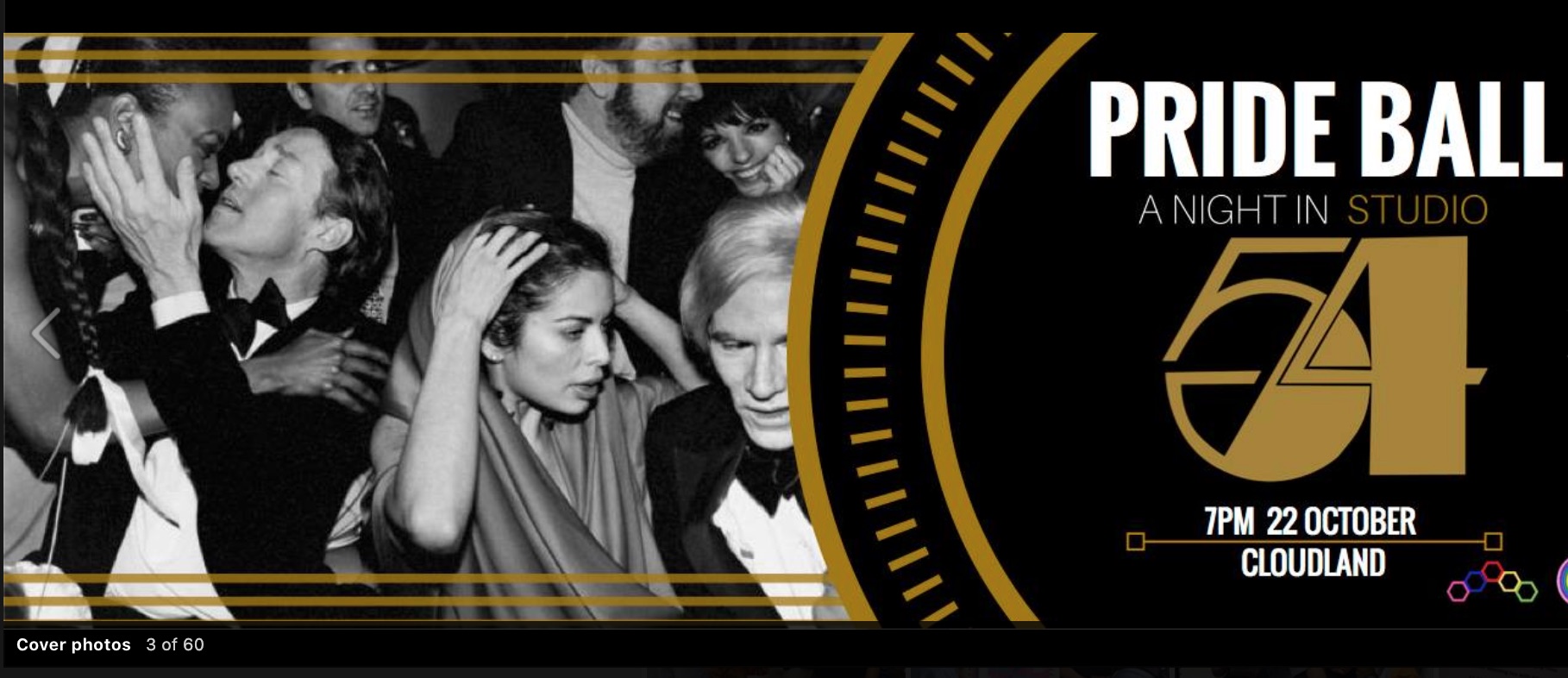
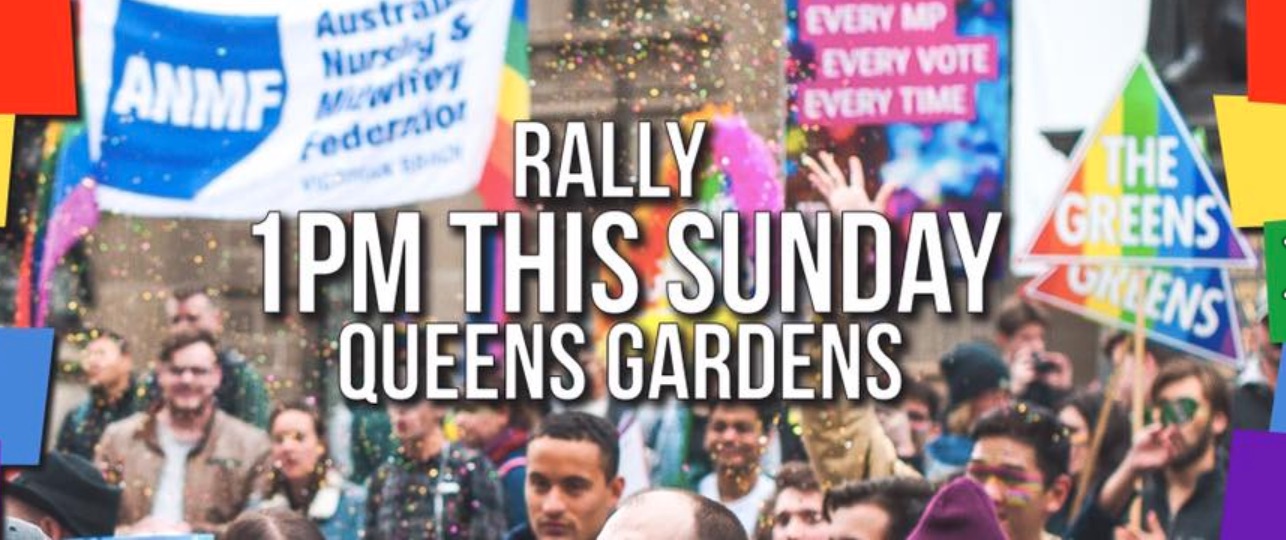
It was really interesting seeing the difference in how these two groups use ephemera, which I mostly contribute to access to technology. Especially since I found the groups assert their subjectivity and identities in similar ways despite living through very different political atmospheres.
Using digital tools
Using Nvivo allowed me to keep a well organised codebook. The initial step I took in analysing my data was the process of distant reading. I produced two word bubbles as a part of this stage. By doing this I was able to compare how the two groups used language in their ephemera and asserted their subjectivities. It enabled me to see some of the bigger differences between the two clubs, and the ways in which they responded to the different political environments they operated within.
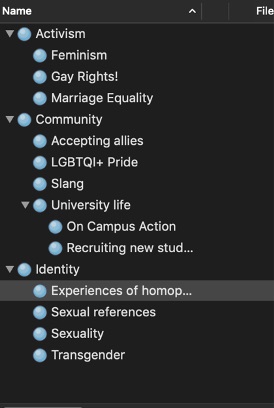
Through this research and working with the Fryer I was able to conclude that queer identity and culture has long been established and practised on our campus.